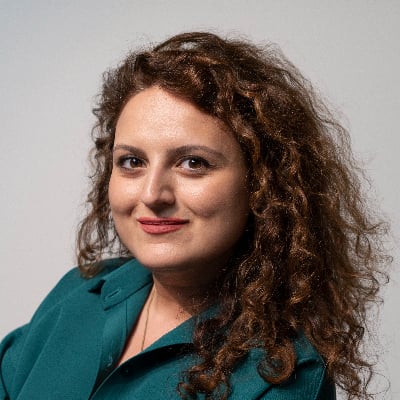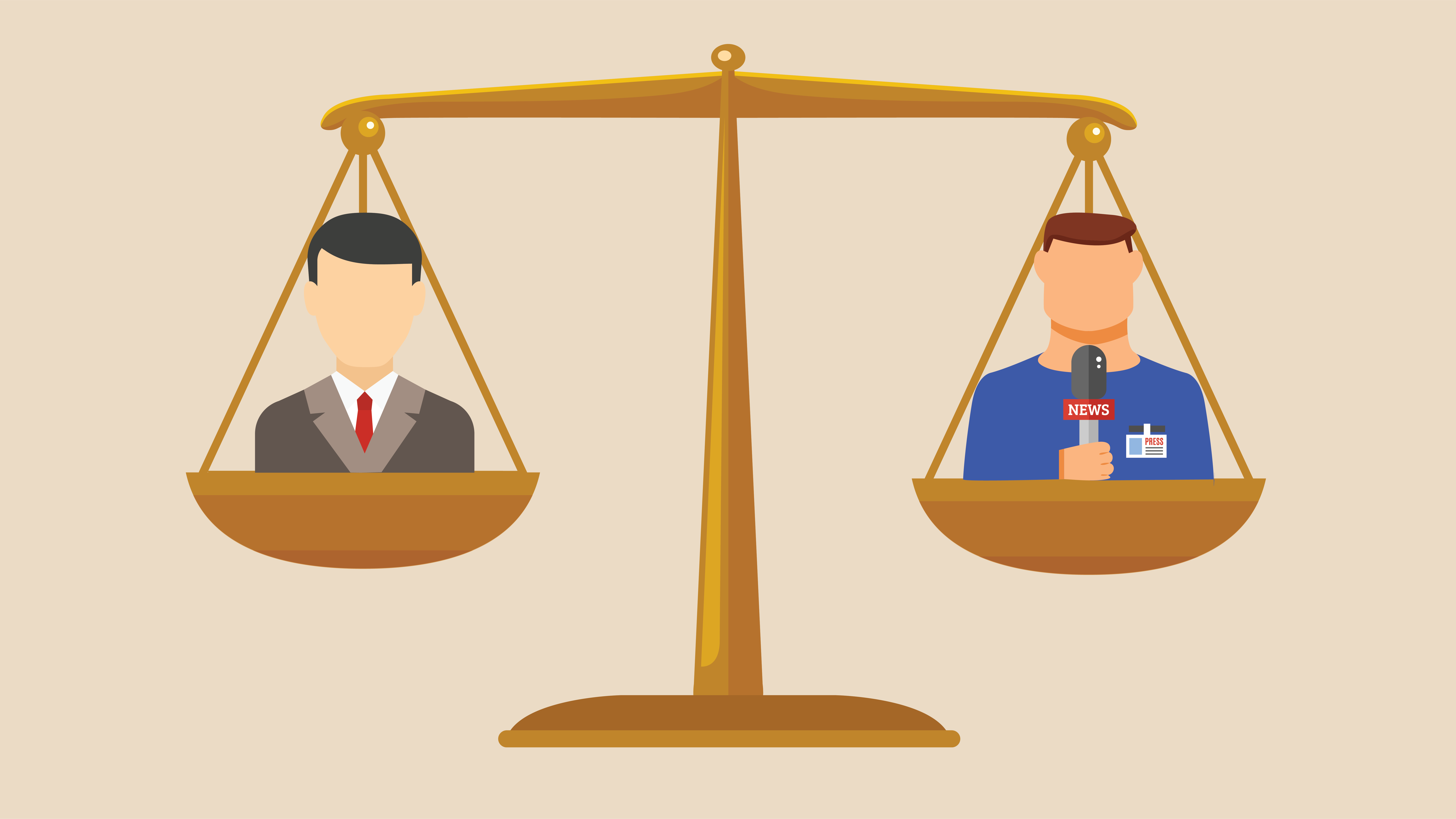The number of lawsuits against journalists and the media based on insult and defamation is steadily rising in Armenia. According to experts, the polarized political and media spheres are among the reasons.
In 2023 the Armenian courts received 16 lawsuits against journalists. Last year, the number of cases was 30. In recent years, article 1087.1 of the RA civil code related to insult and defamation has been actively used in lawsuits against journalists.
Article 1087.1 sets a fine of 3 million drams for insult and 6 million drams for defamation.
Only two years ago, these numbers were significantly less: 1 and 2 million, respectively. In 2021 At the initiative of Alen Simonyan (current Speaker of the National Assembly and the deputy speaker back then), the amount of the fine provided by the Civil Code and defined by this article which is directly related to the work of journalists, was tripled.
Among the first examples of applying to the court with the maximum penalty for insult and defamation is the lawsuit of Yerevan deputy mayor Tigran Avinyan against 168.am and journalist Davit Sargsyan.
After the video publication On February 25, 2023, on the YouTube channel of 168.am titled “Tigran Avinyan and his new wealth,” the deputy mayor filed a lawsuit to the court of general jurisdiction of Yerevan.
He demands that 168 Hours LLC and journalist Davit Sargsyan apologize, deny the information defaming honor, dignity, and business reputation and compensate 9 million drams.
To secure the claim, the court imposed a lien on the assets and bank accounts belonging to the journalist and the 168.am in the amount of 9 million drams.
The preliminary court hearing of the case “Tigran Avinyan against Davit Sargsyan of 168 Hours LLC” is scheduled for July 17.
Responding to the lawsuit, Armenian journalistic organizations demand that Tigran Avinyan, as a high-ranking official, demonstrates tolerance and exhibits more exemplary conduct appropriate to his status.
The organizations stated that Tigran Avinyan’s goal was “not to clarify, deny or respond to the publication, but to punish and strain the journalist and the media.”
This statement had a practical effect. At the request of Tigran Avinyan’s lawyer, the court lifted the lien on Davit Sargsyan’s property and funds. However, the real estate of 168 Hours LLC remains under lien.
Lawyer and international law specialist Ara Ghazaryan notes that public servants should refrain from submitting such claims to courts according to the pan-European accepted public order. Such cases are considered insensitive interference with the media’s freedom of speech and the public’s right to receive information, even more so when the official requires the court to place a lien on the journalist’s bank accounts to secure the claim.
“Theoretically, the request for imposing a lien indicates a hidden agenda: to silence the media and teach a lesson to other media outlets so they keep quiet and don’t write about the phenomenon; otherwise, he (Avinyan) would have been satisfied only with a lawsuit,” says Ara Ghazaryan.
According to Davit Sargsyan, Avinyan aims to silence him and interfere with freedom of speech by filing a lawsuit.
“Appealing to the court is an extreme decision, and imposing means of securing the claim is the last thing that should happen to the press. Extrajudicial means are for settling such disputes. There are both the Media Ethics Monitoring Body and the Information Dispute Council, which could solve this issue. But apparently, they were not pursuing the goal to solve the issue, but rather hurting the journalist,” says the journalist.
Ashot Melikyan, the chairman of the Committee for the Protection of Freedom of Speech, also believes that settling disputes with the media through extrajudicial settlement is an acceptable option. However, self-regulation implies that the media, in turn, must have its own rules of ethics and obey them.
According to Melikyan, the number of lawsuits against the media and journalists has also increased because the society in Armenia is polarized. “In many cases, the media are part of the political system and serve the interests of the narrow political forces that sponsor them, not the public.”
According to Melikyan, polarization is also reflected in the work of the courts. “Judicial acts are often unpredictable. It is hard to determine the court’s verdict by being governed only by the law. The decision made by the court may depend on what political views and political preferences the judge has and to which political camp belongs the media in the defendant’s role.
Media experts suggest two ways to reduce the number of lawsuits against journalists: developing self-regulatory bodies and mechanisms in the media field and increasing restraint and accountability among public servants.
Marianna Danielyan







